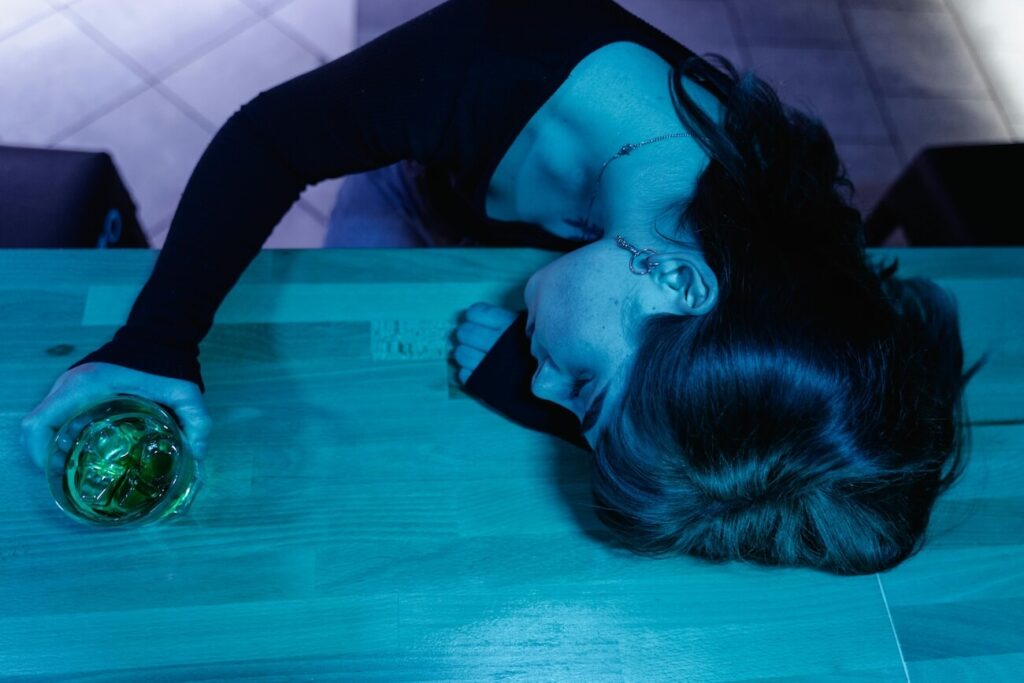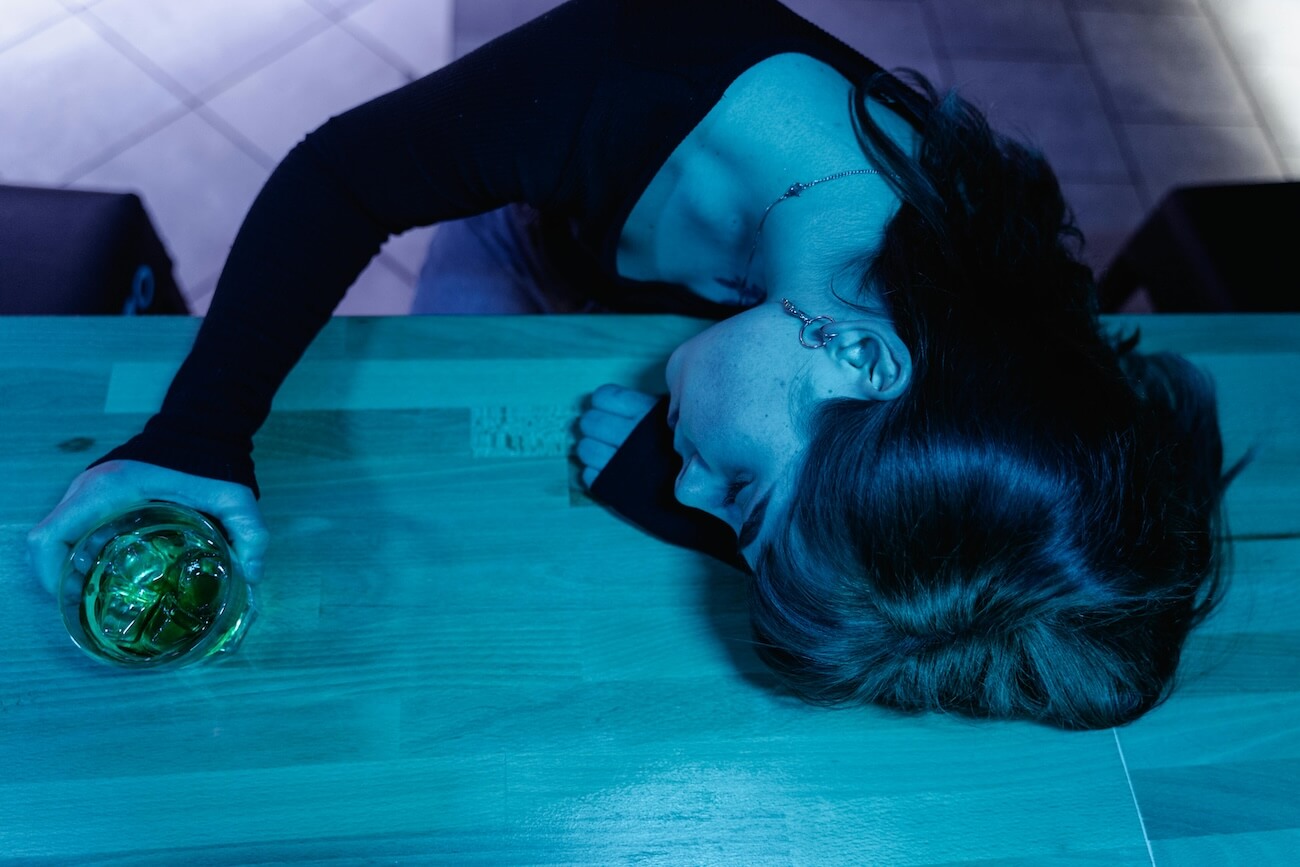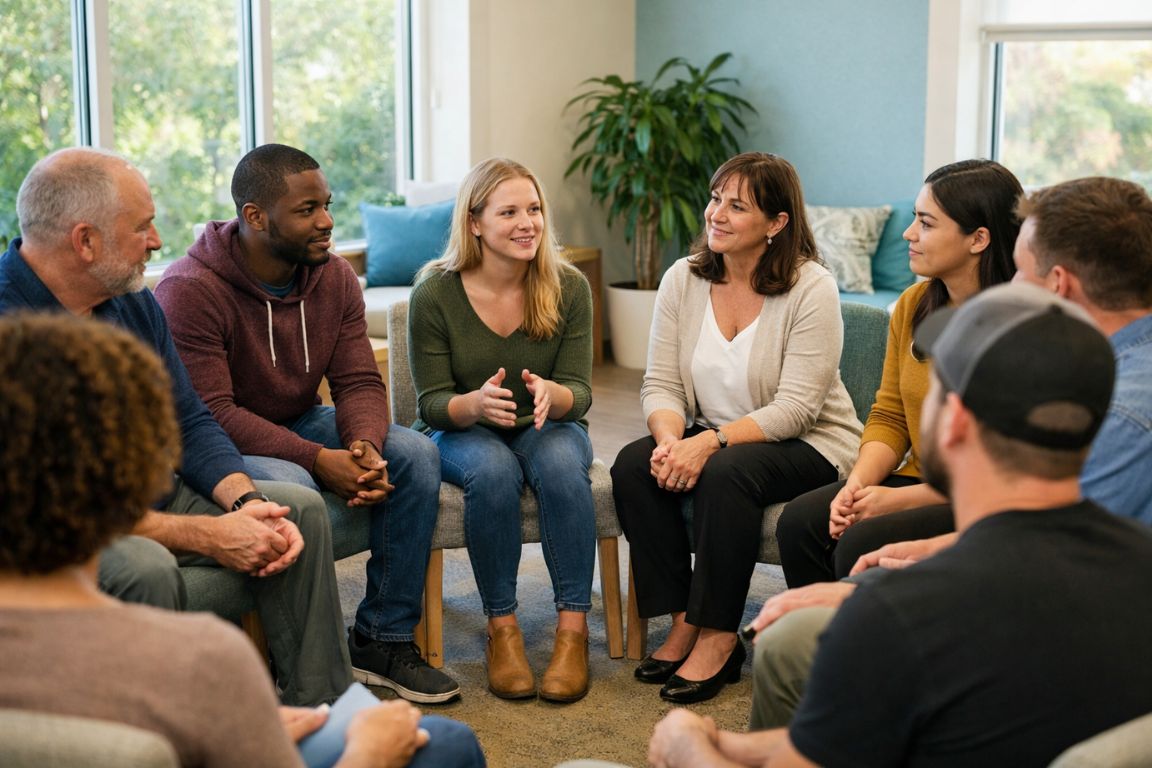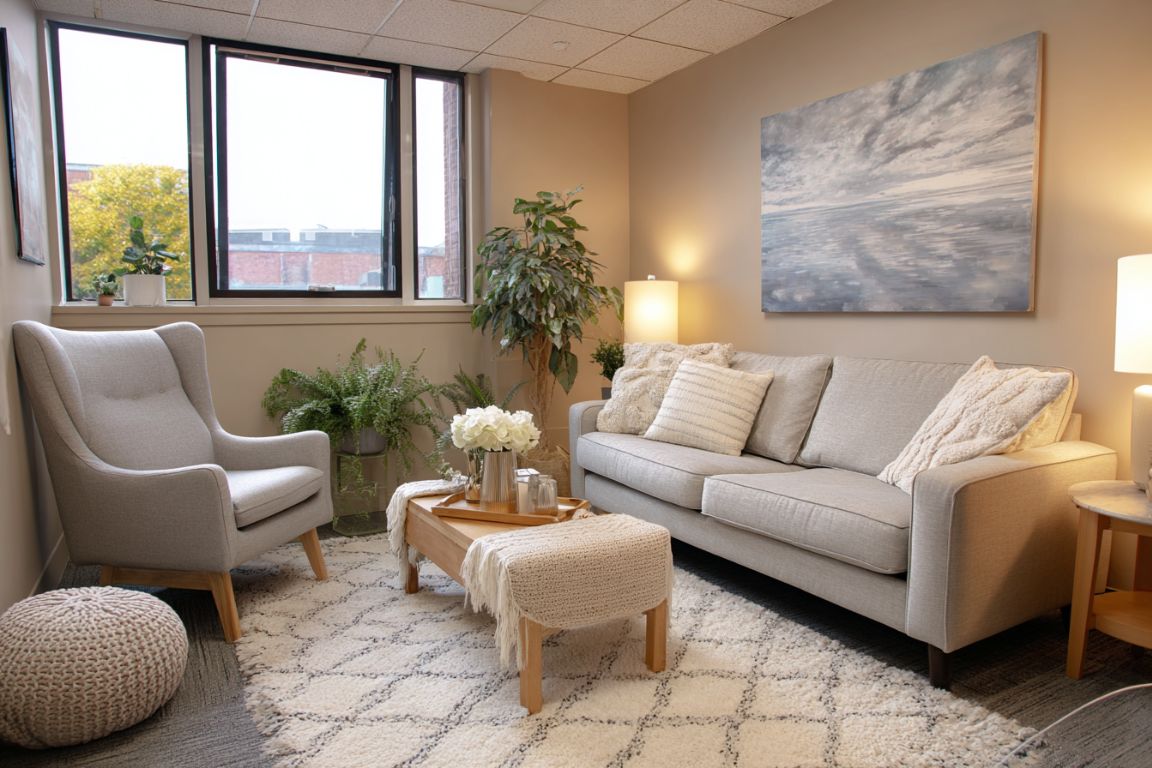
Well, nodding off. A meeting, a classroom, or even a Netflix binge can become an improvised nap with the subtle but obvious head bob. But just what does nodding off actually mean? In the context of recovery, it can be more than just a lazy slip-up; it can also be a side effect of some drugs and a clue your body requires some TLC.
Nodding off is the act of, usually unintentionally or unexpectedly, falling asleep. Your head starts performing the traditional dip-and-recover dance while your eyelids feel as though they weigh a ton. In recovery, where drugs or lifestyle modifications might cause daytime drowsiness, this can especially be common.
What then causes our nodding off? Drugs including opioids, sedatives, even some antidepressants can slow down the central nervous system in recovery, causing drowsiness. Though it’s a common side effect, managing your daily life depends on knowing this.
The Science Behind Sleepiness
Ever wonder why your body decides it’s nap time at the most awkward moment? Let’s explore the science of sleepiness and the reasons nodding off is more likely than you would believe.
Your body’s alert system for telling you it needs rest is sleepiness. Your circadian rhythm, the body clock used naturally to control sleep-wake cycles, shapes it. Stress, drugs, or withdrawal symptoms can all throw off this rhythm in recovery, thus daytime sleepiness is rather common.
Furthermore some drugs, especially opioids, interact with brain receptors controlling sleep. By cutting the time spent in deep sleep stages, they can cause a less restful night and more daytime tiredness. Knowing this helps demystify why nodding off could be more than simply a lack of sleep.
The Drugs That Make You Nod
Not all nodding off on drugs is generated equally. There is a well-known reputation for some medications causing that heavy-lidded head bob. Let’s investigate which drugs are typically suspects in recovery.
Highest on the list are opioids. Though they help with pain, they can cause extreme drowsiness. Prescribed for anxiety or sleep problems, sedatives also have a strong sedative effect, which explains nodding off as a typical side effect.
Additionally causing sleepiness are antidepressants, especially those that influence serotonin levels. Although these drugs are necessary for mental health, you should discuss side effect management including nodding off with your doctor.
The Humorous Side of Nodding Off
Let’s lighten the situation now. Though it’s more common than you would want, nodding off can also result in some funny circumstances deserving of a laugh.
visualize this: Your head begins to bob in a conference. You jerk suddenly awake and discover everyone staring at you. You rapidly act as though you agreed deeply with the speaker. Crisis resolved, correct?
Maybe you are nodding off and waking up to the credits while watching your beloved show. You have to rewind since you don know who the villain was. Still another. Though nodding off can be awkward, these times can also make one smile.
Transformative Experiences: Learning from Nodding Off
Not only a side effect but also a teaching tool is nodding off. These sleepy times can help you toward a better way of living in recovery. Let’s investigate how.
Nodding off is first a sign to pay attention to your body. It advises you to relax, slow down, and reenergize. See it as a chance for personal care. Perhaps it’s time to review your sleep hygiene or discuss changing your medication with a doctor.
These encounters also help to develop resilience. Finding balance defines life in recovery, thus nodding off is only one of the several challenges. Every drowsy moment offers an opportunity for learning, adaptation, and personal development toward wellness.
Practical Tips for Staying Awake
Though it can be difficult, fighting off the nod need not cause panic. We have some useful advice to keep you conscious and alert all through the day.
First, develop a schedule. Your circadian rhythm can be controlled by regularity in wake and sleep times. Try to keep to a calendar even on weekends to avoid that Monday morning nod.
Then welcome the force of motion. Exercise increases vitality and keeps you alert. When you feel the nod developing, a quick stroll, some light stretching, or even a dance break can help immensely.
Another important factor is hydration. Dehydration can make one tired; thus, drink lots of water all day. Combine it with nutritious snacks to keep your energy levels high and ward against sleepiness.
Embracing a Holistic Approach
At REAL Recovery Centers, we think of healing holistically and that includes controlling nodding off. Let’s look at how a balanced lifestyle might combat drowsiness.
First, nutrition is really important. Your body requires the nutrients found in a balanced diet high in fruits, vegetables, and whole grains for vitality. Steer clear of heavy meals during the day since they might cause post-meal grogginess.
Additionally helpful are mindfulness and relaxation strategies. Deep breathing, yoga, and meditation among other techniques help lower stress and enhance the quality of sleep. These strategies help one to be calm and focused, so lowering the possibility of nodding off during the day.
At last take into account natural supplements. Before trying new supplements, always see a healthcare provider; nevertheless, options including B vitamins, magnesium, and herbal teas can help with relaxation and energy levels.
Personalized Treatment Plans: Tailoring Your Recovery
Each person travels a different path, thus at REAL Recovery Centers we value tailored treatment plans. Let’s investigate how our method might assist to control nodding off.
Our staff closely consults with clients to create treatment plans fit for their particular circumstances. To reduce side effects like sleepiness, this covers reviewing drugs, changing dosages, and investigating alternative therapies.
We also teach clients on sleep hygiene, so enabling them to create a peaceful sleeping environment. From blackout curtains to white noise machines, we provide doable fixes to enhance sleep quality and lower daytime grogginess.
Our whole approach also consists of support groups and therapy. These channels provide a safe environment where one may talk about difficulties including nodding off and identify practical solutions for them.
Laughing Through the Zzzs: Finding Humor in Recovery
Even in the case of nodding off, laughter is a great tool. Accepting comedy will help to lighten the load and make the road of recovery more fun. Allow us to investigate how.
Sharing tales of nodding off mishaps with friends or support groups can help to transform a humiliating event into a shared joke. It reminds us all that everyone goes through sleepy times; you are not alone.
Including comedy into your daily schedule will also help to increase energy and mood. See a funny video, read a humorous book, or participate in lighthearted hobbies that bring smiles. Endorphins produced by laughter can help to combat tiredness.
At last, treat your recovery lightheartedly. Give yourself grace and realize that nodding off is a trip. Accept the ups and downs with a sense of humor; keep in mind that every day advances your toward a better, happier you.
The Path Forward: Empowering Your Recovery Journey
It’s crucial to keep our eye toward the future as we wind up our funny investigation of nodding off. Managing nodding off is just one aspect of the road that is recovery.
Gain knowledge to empower yourself. Knowing the reasons behind and consequences of sleepiness will enable you to make wise decisions concerning your health. Keep proactive in talking with doctors about changes in medications and investigating all-natural solutions.
Create a system of support. Surround yourself with people who know your path and can provide laughter and encouragement along the road. Strong support systems make all the difference—family, friends, or recovery groups included.
Recall, recovery is about development rather than perfection. Approach every day with optimism and honor the little successes. Nodding off is only a little stop on your road towards a better, more vivid life.

Mitchell Grant Cohen
Dr. Mitchell G. Cohen is a board-certified Internal Medicine specialist with over 34 years of experience in patient-centered healthcare. A graduate of Hahnemann University School of Medicine, Dr. Cohen completed his internship at the University Health Center of Pittsburgh, where he gained invaluable hands-on experience. He is also a certified addiction specialist, holding membership with the American Society of Addiction Medicine (ASAM).
Currently based in Nashua, NH, Dr. Cohen is affiliated with Saint Joseph Hospital, where he provides comprehensive care focusing on both internal medicine and addiction treatment. His expertise includes prevention, diagnosis, and management of adult diseases, as well as specialized care for individuals facing substance use disorders.
Dr. Cohen is committed to fostering open communication, ensuring his patients are fully informed and empowered to make confident decisions about their health and treatment options.





